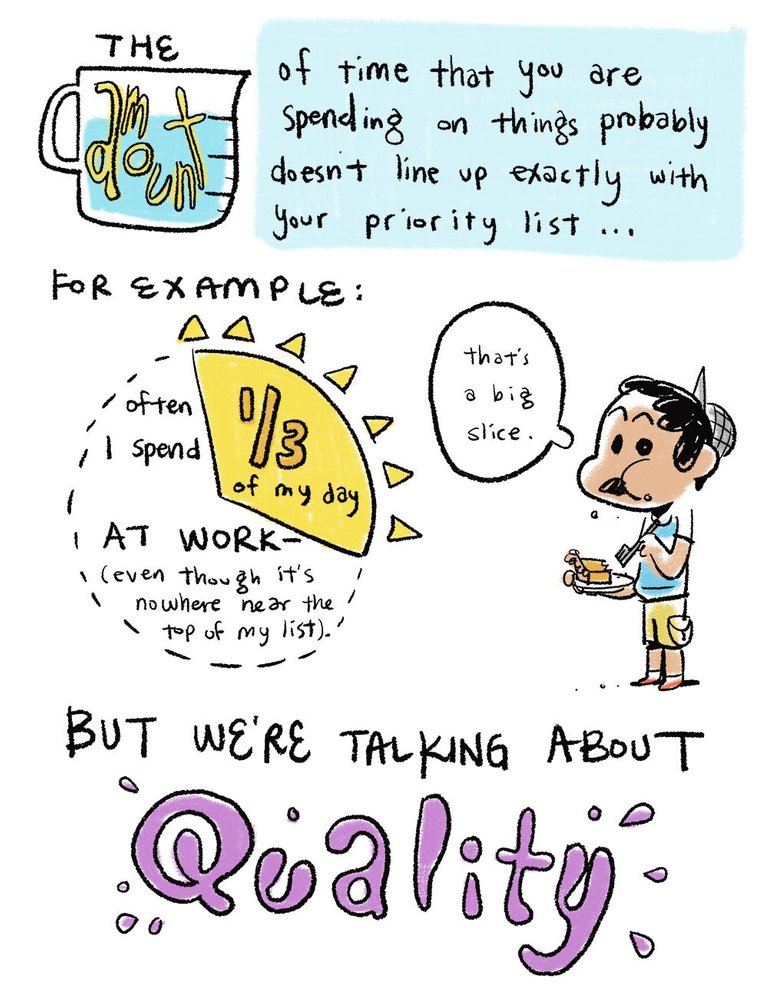
There are many reasons as to why individuals struggle with their time management. Have you ever thought to yourself:
I just don't have all the hours in the day to complete it
I'm running out of time
There's loads of things I have to do today, but what comes first?
Why am I feeling drained?
I have a plan, why isn't it working?
I keep getting asked to do tasks that are not my own!

By not achieving our targets, by not managing our time effectively, it can potentially lead to situations in the workplace and within our home life where we become 'bogged down' by all our tasks and responsibilities that we become overloaded which can lead to stress and burn out.
Whether it’s in your job or lifestyle as a whole, learning how to manage our time effectively will help us feel more relaxed, focused and in control.
The aim of good time management is to promote a healthy lifestyle we all want to have.
Here are tips on how to manage our time:
Create a daily plan or a 'to do list'
Plan your day before it unfolds. Either do it the night before or in the morning. Ideally, it should be the night before you start the day as you will be prepared mentally. The plan gives you a good overview of how the day will turn out. By having a daily plan, it can keep you organised for the day so you don’t get caught off guard. Try and stick to the plan as best as possible.
Set a time limit
Set a time limit for each task for example: to complete example A by 10 am, example B by 3 pm and so on.
Colour code your tasks
Prioritise your urgent, semi-urgent, and non-urgent tasks by colour. For people who have Dyslexia or people who are visual learners find this method effective as colours can highlight prioritised areas for example a traffic light system (Red Urgent; Yellow urgent-non important; Green non-urgent). You can combine tip no.2 and no.3 together by giving time scales to your urgent items.
Review
Review your tasks at hand to see whether or not these can be achieved. If smaller tasks can be delegated, do so, so you can focus on urgent tasks.
Use a Diary
A diary helps you to be on top of everything in your life. It’s your central tool to organise information, to-do lists, projects, and other miscellaneous items.
Know your deadlines
Knowing your deadlines are important especially when you need to know when to finish them. It keeps you on track so you know when you can take on more work but crucial as it keeps you organised and calm. You can mark your deadlines in colour or line out when completed.
Learn to say 'no'
It is important to learn to say 'no' when taking on extra tasks. We all want to be a good team player, to be a supportive and helpful colleague. Often enough, many feel guilt by saying 'no' to our family and colleagues resulting in actual burnout and increase stress. Furthermore, we become 'the yes person', it can be a detriment to our well-being and mental health by taking on extra tasks.
Know your own limits to your tasks
Know what they are, ask yourself before replying to a request; Do I have the capacity to take on extra tasks? Don’t take on more than you can handle. For the distractions that come in when you’re doing other things, give a firm no. Or defer it to a later period.
Delegate
We often come across a list too big of many small tasks and you ask yourself, "what do I do with all these tasks?". Delegate to junior staff or assistants to ease your workload so you can focus your attention to bigger tasks that require your attention. Giving smaller tasks to peers will help them develop and feel appreciated rather than you burning yourself out.
Take a break
Get up and move around at least once an hour if you are at your work desk for more than an hour. This will help freshen your mind enabling you to think more clearly.
Focus
Do you find you multi-task so much that you’re just not getting anything done? If so, focus on just one key task at one time. Close off all the applications you are not using. Close off the tabs in your browser that are taking away your attention. Focus solely on what you’re doing. You’ll be more efficient in achieving your goals that way.
Distractions
We all get distracted at times at work, by people, the phone ringing, instant messaging from staff and family. Find out what is distracting you for example if people are coming in and talking whilst you are working either ask them politely to stop or move to a quieter room so you can concentrate on your tasks. If you have instant messenger on your computer, set it for a time where you are are doing admin tasks.
Supervision
Use supervision to reflect with your line manager any concerns you may have with your time management. 9 times out of 10, many employees do not discuss this with their line manager as they see this as a weakness. Turn it into an opportunity, line managers may be able to come up with new ways you have not tried before.

It is trial and error to find the correct ways to improve our time management. We just need to be more mindful of when it gets too much and what we can do about it. The best advice to give anyone is knowing your limits to what you can do yourself and delegate the none important tasks to others.
the last paragraph is so true, everybody should know their limits
Yeah I completely agree with you. Sometimes we always get bogged down and don't know where our limitations are :-)